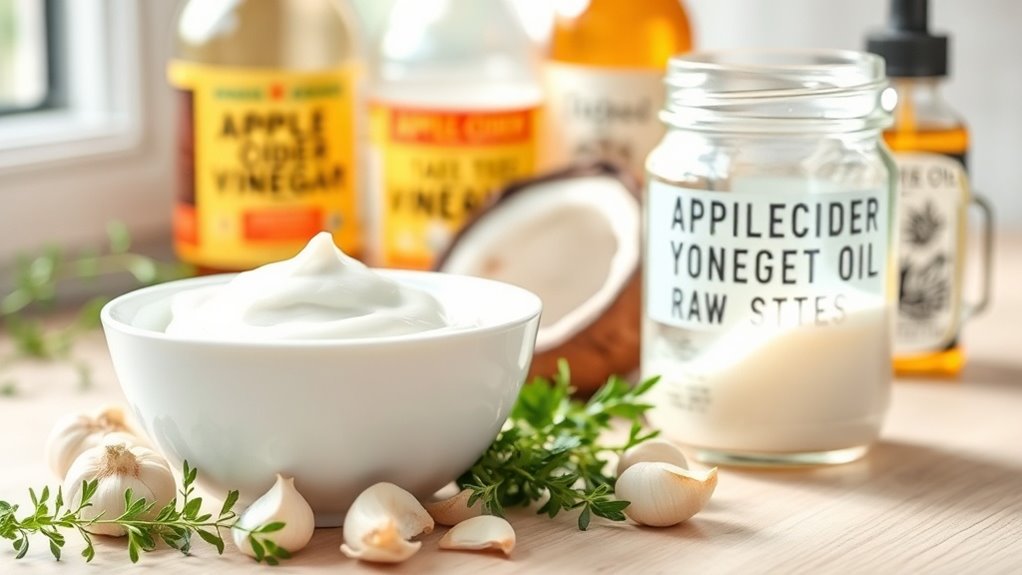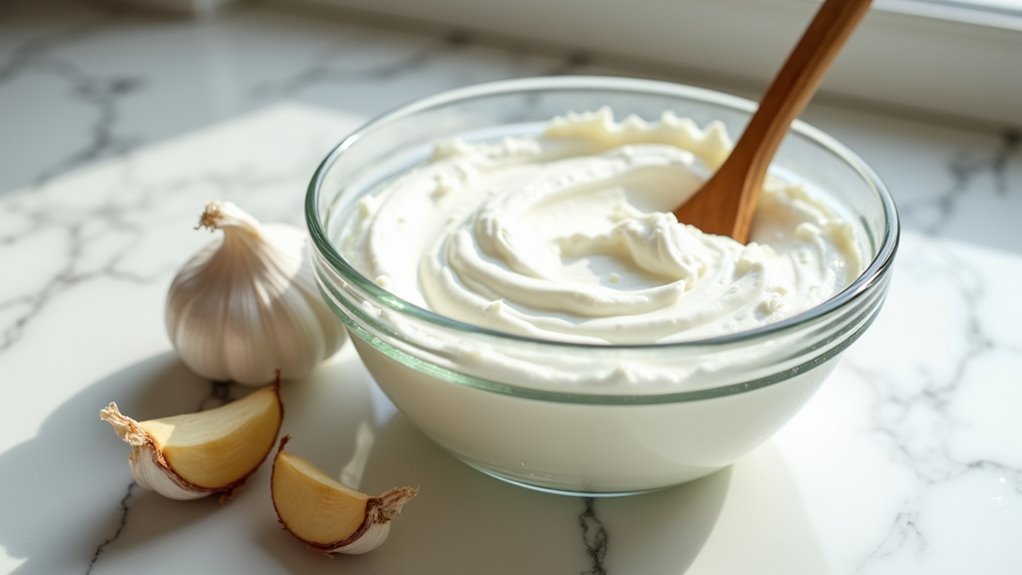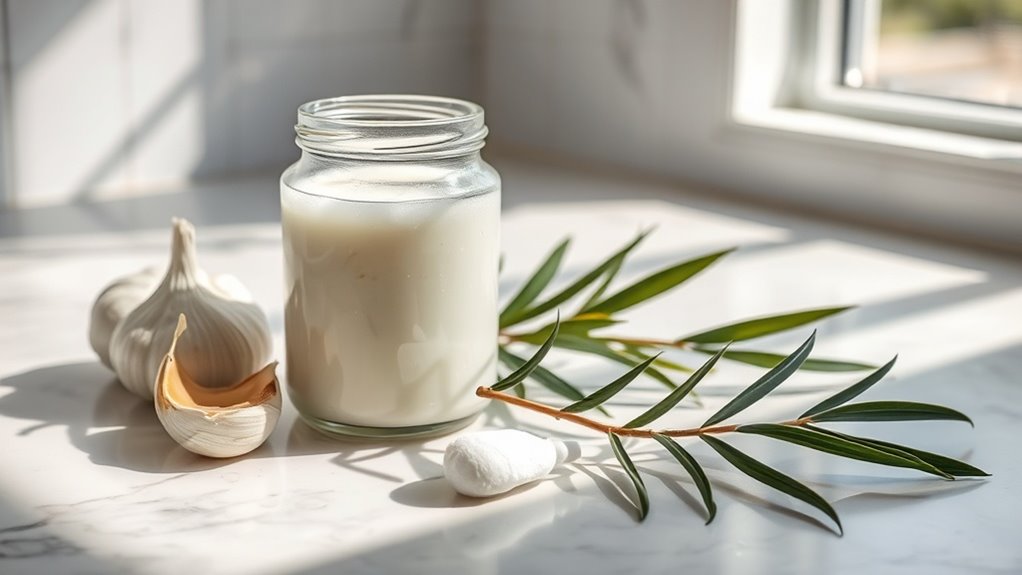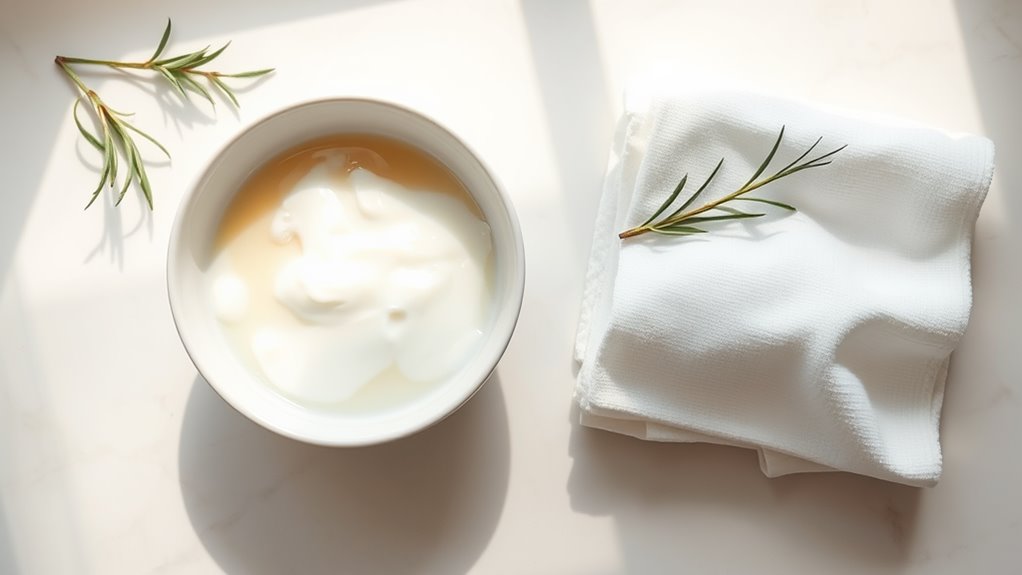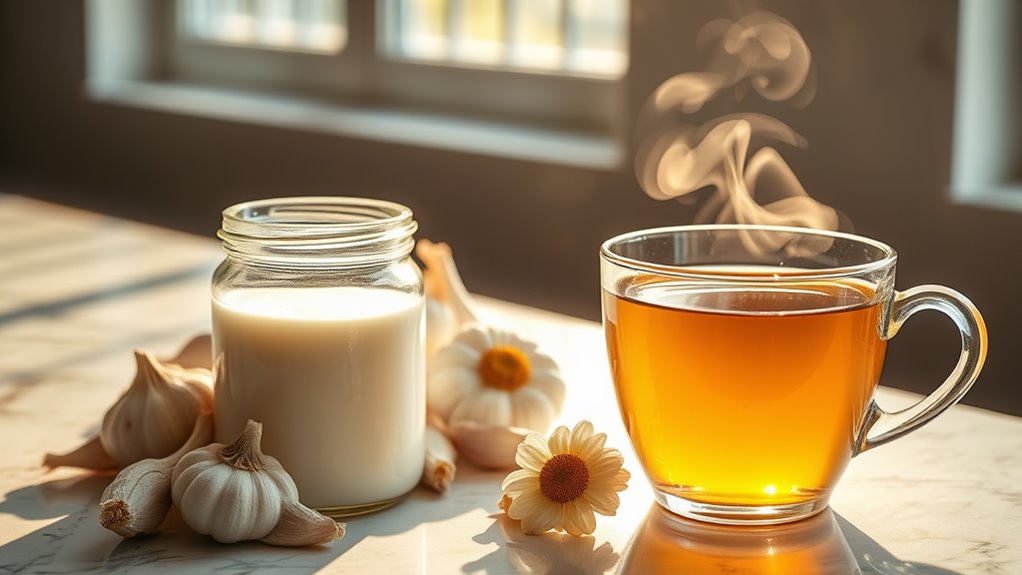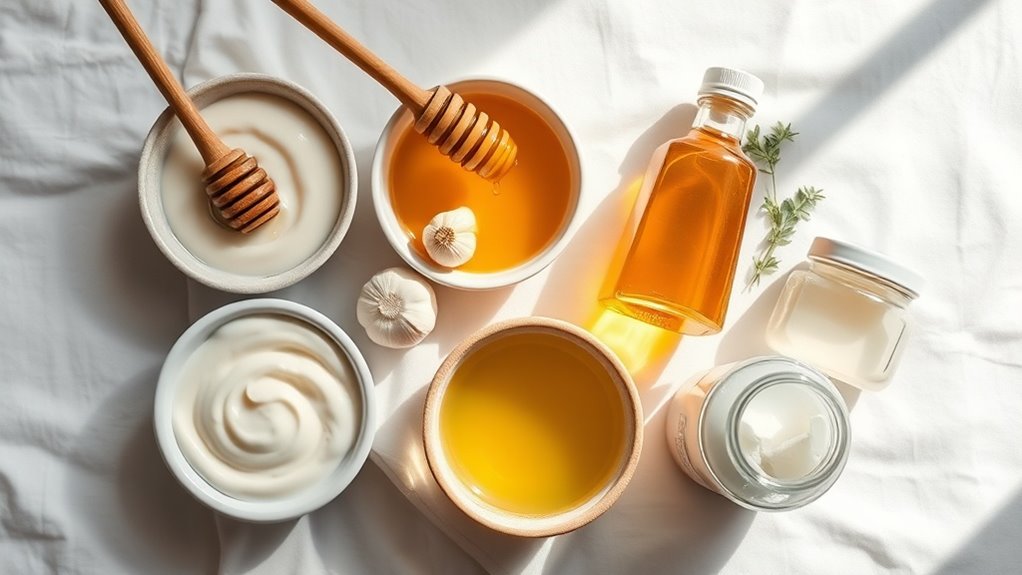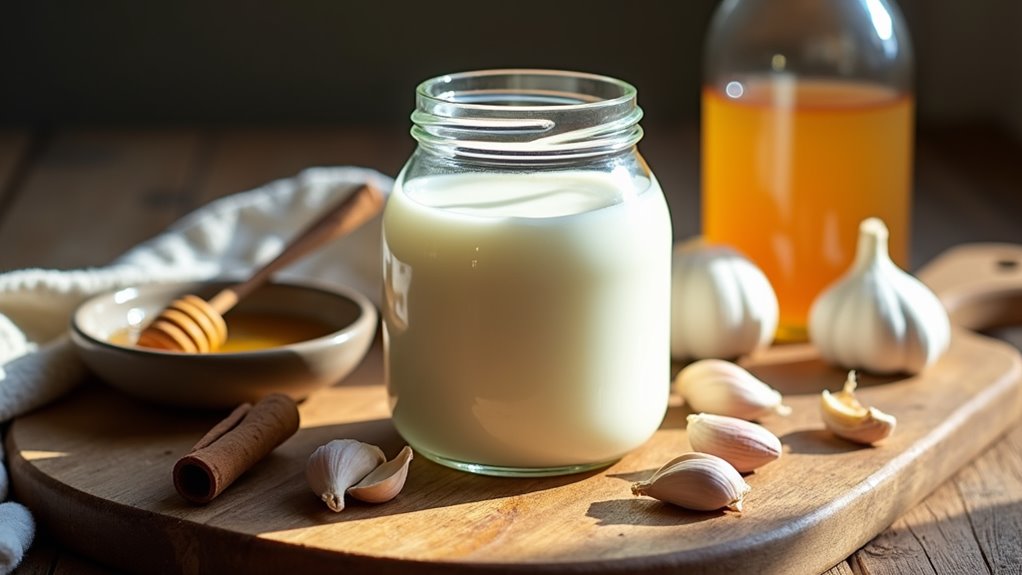Yeast Infection Remedies You’ll Be Glad You Tried
Yeast infections can be uncomfortable, inconvenient, and incredibly persistent. If you’re experiencing the telltale signs of vaginal candidiasis, you’ll want effective solutions that work quickly. While over-the-counter medications remain a standard treatment option, many women have discovered relief through natural alternatives. From probiotic-rich foods to essential oil applications, these evidence-based remedies offer promising results for managing symptoms and preventing recurrence. Let’s explore the most reliable natural approaches to restore your vaginal health.
Understanding Yeast Infections and Their Causes
A yeast infection, also known as candidiasis, occurs when there’s an overgrowth of the Candida albicans fungus that naturally exists in your body. When your vaginal pH balance becomes disrupted, this opportunistic fungus multiplies rapidly, causing uncomfortable symptoms like itching, burning, and discharge.
Common triggers include antibiotics, hormonal changes, diabetes, weakened immune system, and tight, non-breathable clothing.
While you’ll want yeast infection remedies fast, understanding these underlying causes is essential for prevention. High sugar intake, stress, and poor hygiene can also contribute to recurring infections. Identifying your specific triggers helps you develop effective prevention strategies.
Natural Home Remedies for Quick Relief
While seeking professional medical treatment remains important, several evidence-based natural remedies can provide immediate relief from yeast infection symptoms.
You’ll find relief by applying plain yogurt containing live cultures directly to the affected area, as beneficial bacteria help restore vaginal pH balance. Tea tree oil, diluted with a carrier oil, offers potent antifungal properties. Apply raw coconut oil topically or add one cup of apple cider vinegar to your bath water. Garlic, consumed raw or as a supplement, can help combat the infection.
Incorporating probiotic-rich foods into your diet can further support your body’s natural defenses against yeast overgrowth. These remedies work best when combined with proper hygiene and breathable cotton underwear.
Dietary Changes That Help Fight Yeast Infections
Making strategic dietary changes can greatly reduce your likelihood of developing yeast infections and help treat existing ones.
You’ll want to eliminate refined sugars and simple carbohydrates that feed Candida growth. Instead, focus on consuming probiotic-rich foods like yogurt, kefir, and fermented vegetables to support healthy vaginal flora.
Add garlic, coconut oil, and apple cider vinegar to your diet for their natural antifungal properties. Include plenty of fiber-rich vegetables and lean proteins while staying well-hydrated. Incorporating raw garlic into your meals boosts your body’s ability to combat fungal overgrowth due to its allicin content.
Avoid alcohol, processed foods, and yeast-containing products until your infection clears. Consider taking a quality probiotic supplement to maintain balanced gut health.
Essential Oils and Herbal Solutions
Several essential oils and herbal remedies offer powerful natural solutions for treating yeast infections.
Tea tree oil contains antifungal compounds that combat Candida when properly diluted. You’ll find oregano oil particularly effective due to its active component, carvacrol.
Apply coconut oil topically, as it contains caprylic acid that disrupts yeast cell membranes. Additionally, using probiotic-rich yogurt can help restore vaginal pH and microbiota to further aid in recovery.
Consider herbs like garlic, which contains allicin, and calendula for its anti-inflammatory properties. You can use goldenseal root powder mixed with water as a topical wash.
For internal supplementation, try pau d’arco tea or oil of oregano capsules.
Always consult your healthcare provider before starting any natural treatment regimen.
Prevention Tips for Long-Term Wellness
To maintain long-term protection against yeast infections, you’ll need to implement specific lifestyle changes that discourage Candida overgrowth.
Wear breathable cotton underwear and avoid tight synthetic clothing that traps moisture. Keep your blood sugar levels stable by limiting refined carbohydrates and sugary foods. After swimming or exercising, change out of wet clothes immediately.
Don’t douche or use scented feminine products, as these disrupt your vaginal pH balance. Taking probiotics daily can help maintain healthy vaginal flora. Additionally, ensure a balanced diet rich in quercetin-rich foods to boost your immune system and overall health.
If you’re diabetic, maintaining proper glucose control is essential. When taking antibiotics, consider supplementing with probiotics to prevent opportunistic yeast growth.
When to Seek Medical Treatment
While preventive measures can effectively manage most yeast infections, certain symptoms warrant immediate medical attention.
You should consult your healthcare provider if you experience any of these concerning signs:
- Severe vaginal itching, burning, or irritation that persists beyond 3 days despite over-the-counter treatment
- Unusual discharge accompanied by strong odor, greenish color, or blood
- Recurring infections (4 or more episodes within 12 months)
- Additional symptoms like fever, abdominal pain, or if you’re pregnant, diabetic, or immunocompromised
Early intervention by a medical professional can prevent complications and guarantee proper diagnosis, especially when symptoms suggest a more serious condition.

